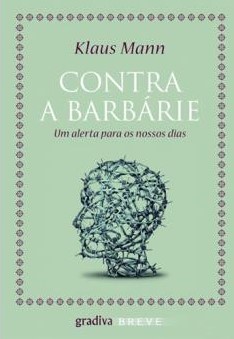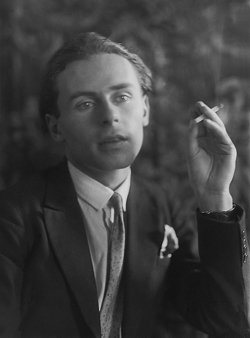
Author

Born in Munich, Klaus Mann was the son of German writer Thomas Mann and his wife, Katia Pringsheim. His father was baptized as a Lutheran, while his mother was from a family of secular Jews. Mann's most famous novel, Mephisto, was written in 1936 and first published in Amsterdam. The novel is a thinly-disguised portrait of his former brother-in-law, the actor Gustaf Gründgens. The literary scandal surrounding it made Mann posthumously famous in West Germany, as Gründgens' adopted son brought a legal case to have the novel banned after its first publication in West Germany in the early 1960s. After seven years of legal hearings, the West German Supreme Court upheld the ban, although it continued to be available in East Germany and abroad. The ban was lifted and the novel published in West Germany in 1981. Mann died in Cannes from an overdose of sleeping pills on 21 May 1949, following further drug treatment. He likely committed suicide because of financial problems and social isolation. He was buried in Cannes at the Cimetière du Grand Jas.